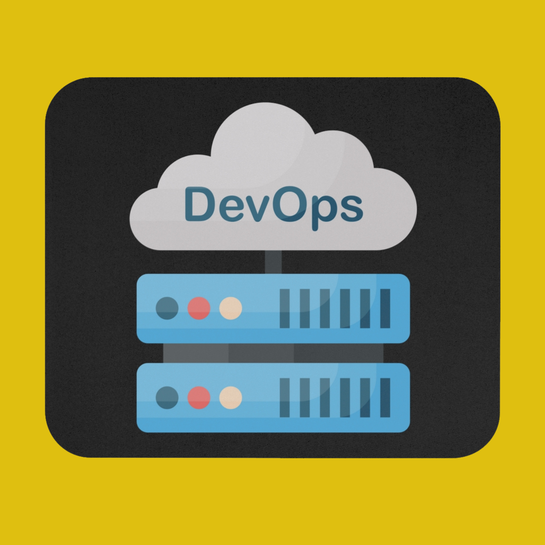This blog post explores the key features of two leading incident management platforms, PagerDuty and xMatters, to help SRE teams choose the right tool for their needs. It also introduces Squadcast as a powerful alternative.
Here's a quick breakdown:
Key Considerations: On-call scheduling, workflow automation, service catalog (offered by xMatters only), pricing, and support.
xMatters Advantages: More user-friendly interface, built-in service catalog, codeless workflow builder, potentially more cost-effective, and includes 24/7 support.
PagerDuty Advantages: GUI-based automation (for those who prefer it), optional built-in status pages, and early access to generative AI features.
Introducing Squadcast: A comprehensive alternative combining the strengths of both, offering user-friendly design, intelligent automation (reduces alert noise), extensive integrations, API extensibility, and 24/7 chat/video call support. Transparent yearly pricing starts at $16.
Overall: Both PagerDuty and xMatters are strong choices, but xMatters might be better for user-friendliness and cost-effectiveness, while PagerDuty caters to those who prefer GUI-based automation and built-in status pages. Squadcast offers a strong alternative with a user-friendly interface, intelligent automation, and exceptional support.





